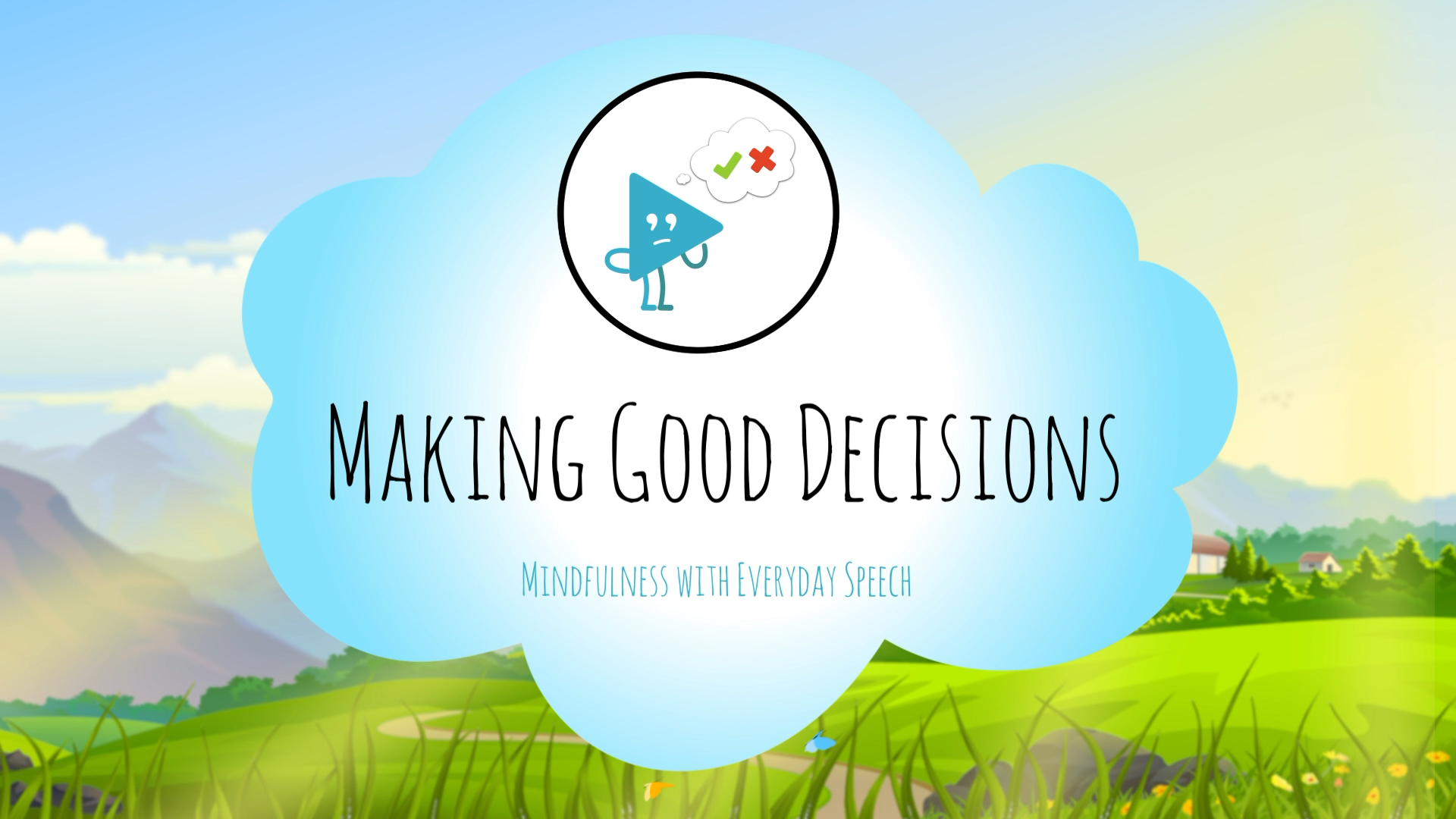
Introduction
Decision-making is a crucial skill that everyone needs to develop in order to navigate the complexities of life. As educators, it’s important to help students learn strategies for making informed decisions that take into account their own well-being and the well-being of others. In this blog post, we will discuss an easy, no-prep activity that can be used to teach decision-making skills, as well as some discussion questions and related skills to further support students’ development.
No-Prep Activity: The Decision Tree
This simple activity requires no materials and can be easily adapted for any age group. The goal is to help students visualize the different options and potential consequences of their decisions.
- Introduce a common scenario where students might face a difficult decision. For example, their friend is stealing items from a store, and they’re unsure of how to handle the situation.
- Ask the students to imagine they are a tree, with each branch representing a different choice or action they could take in response to the situation.
- Guide the students in identifying several possible choices they could make, such as talking to their friend, telling an adult, or doing nothing.
- For each choice, have the students think about the potential consequences that might result from that action. Encourage them to consider both the short-term and long-term effects on themselves, their friend, and others involved.
- Finally, ask the students to reflect on which choice they believe would lead to the most positive outcome, based on the consequences they’ve identified.
Discussion Questions
- What factors influenced your decision? How did you weigh the potential consequences of each choice?
- How can stopping to think and considering all options help you make better decisions in difficult situations?
- How can you differentiate between making a decision based on your own values and beliefs versus making a decision due to peer pressure?
- What are some strategies you can use to resist peer pressure when making decisions?
- How can practicing decision-making skills help you in other aspects of your life, such as relationships, academics, and personal growth?
Related Skills
In addition to decision-making, there are several other skills that can support students in their social-emotional learning journey. Some of these skills include:
- Problem-solving: Developing the ability to identify problems and find creative solutions is a valuable skill that can help students navigate challenges in their lives.
- Communication: Effective communication skills are essential for expressing thoughts, feelings, and opinions, as well as understanding the perspectives of others.
- Empathy: The ability to understand and share the feelings of others can help students build stronger relationships and make more compassionate decisions.
- Self-awareness: Being aware of one’s own values, beliefs, and emotions can empower students to make decisions that align with their personal values and goals.
Next Steps
If you’re interested in exploring more resources and activities to support your students’ social-emotional learning, we invite you to sign up for free samples of our skill-building materials. By incorporating these resources into your teaching, you can help students develop essential life skills that will empower them to make informed decisions and thrive in a complex world.

